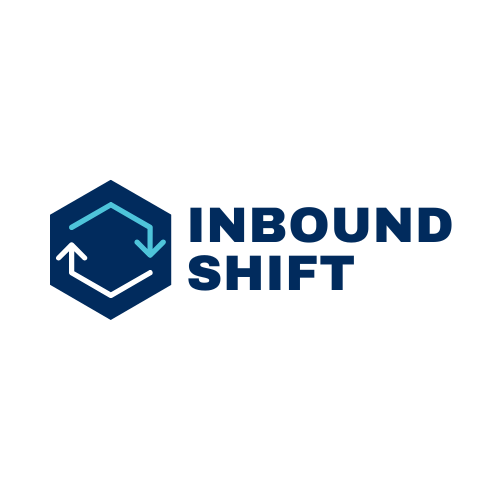SaaS SEO is tailored for Software as a Service company, focusing on strategies that boost their unique, subscription-based offerings’ online visibility.
Unlike traditional SEO, which may target one-time sales or broader audience engagement, SaaS SEO emphasizes long-term customer relationships, aiming to attract and retain users who will subscribe to software services.
This specialization includes a deep understanding of the SaaS customer lifecycle and crafting content strategies that support users from discovery through to long-term usage.
Why is SaaS SEO unique?
SaaS SEO is distinctive due to the subscription-based nature of SaaS companies, necessitating a content strategy that caters to the entire customer lifecycle. It’s about attracting users initially and retaining them over time through continuous engagement and support. This approach demands content that addresses every phase of the customer journey, from initial awareness to long-term use, ensuring that customers find value and support at every step.
A Four-Step Strategy for SaaS SEO Growth
Step 1: Define Clear Objectives
Set SEO goals aligned with business objectives to guide strategies and measure success.
Step 2: Comprehensive Keyword Research and SERP Analysis
Perform thorough keyword research and SERP analysis to understand target keywords and search intent, ensuring content meets user needs.
Step 3: Creating Superior Content Strategies
Create high-quality content that surpasses competitors, offering unique value to your audience.
Step 4: On-Page and Off-Page SEO Optimization
Optimize both on-page elements (like meta tags, headings, and content structure) and off-page factors (such as building quality backlinks) to enhance search visibility and ranking.
Market Funnel and SaaS SEO
Market funnels outline the customer journey from awareness to decision-making. SaaS SEO enhances growth at each stage by tailoring content and keywords to meet evolving user needs. In the awareness phase, SEO focuses on broad topics related to the SaaS product.
During consideration, it targets comparison and benefit-focused keywords. Finally, in the decision stage, SEO emphasizes product-specific terms and strong calls to action, guiding users toward making a purchase.
SEO benefits for small business SaaS:
- Increases organic visibility and reach
- Attracts targeted traffic with high intent
- Enhances user experience and engagement
- Builds brand authority and credibility
- Supports long-term, sustainable growth
- Reduces customer acquisition costs
- Improves customer retention through valuable content
- Enables precise tracking and measurement of results
Best Practices for On-Page and Off-Page SaaS SEO
On-page SEO for SaaS involves optimizing website elements like meta tags, headings, content quality, and keyword usage to improve relevance and user experience. Off-page SEO focuses on building the site’s authority through backlinks, social media engagement, and other external signals. Both are essential for enhancing visibility and credibility in search engines, driving targeted traffic, and supporting conversion goals in the SaaS industry.
Conclusion
Effective SaaS SEO involves a strategic blend of on-page and off-page techniques tailored to the SaaS business model. By focusing on each stage of the customer journey, from awareness to decision, and implementing best practices for content optimization and authority building, SaaS companies can significantly enhance their online visibility, drive targeted traffic, and achieve sustainable growth.
Read more articles:
- Navigating the Shift: The Rise of Inbound Marketing
- Top Countries with High CPC in Google Adsense
- Unlocking Success with Hyperlocal Marketing

